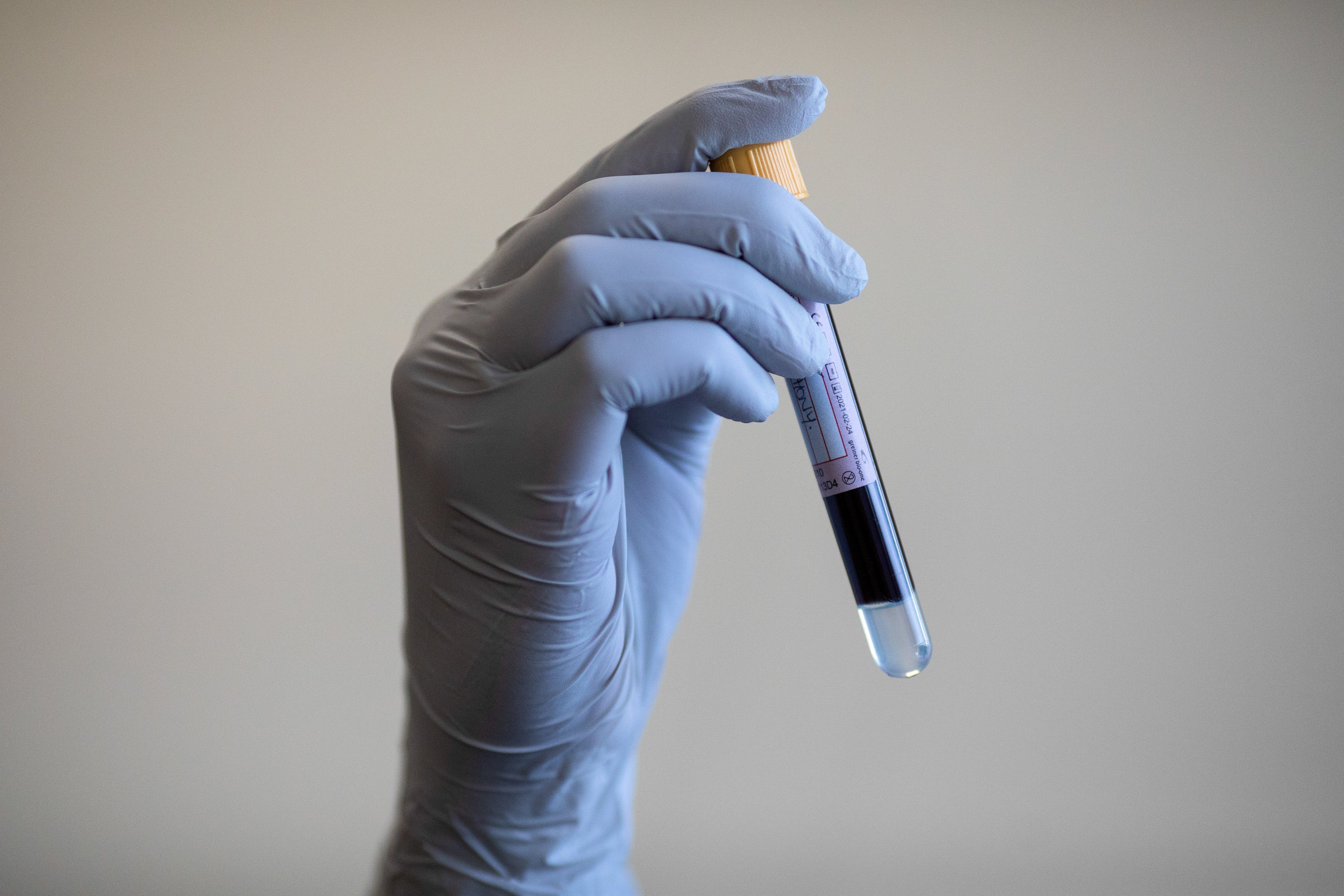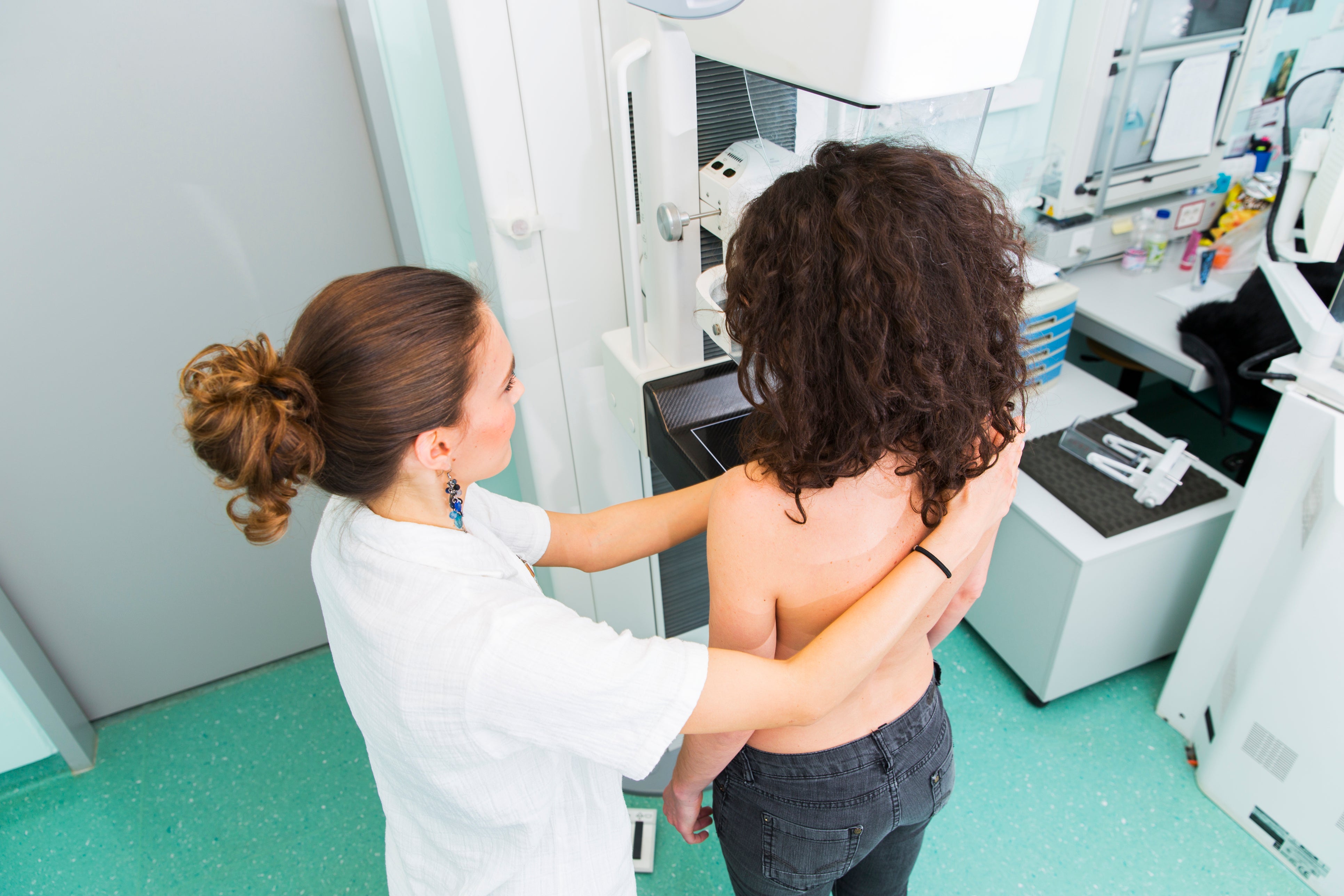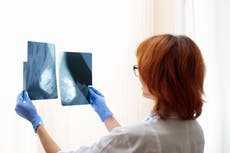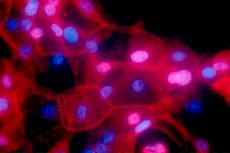‘Game-changer’ blood test detects breast cancer earlier than X-rays, study shows
The test could be a solution to the UK’s ‘massive problem’ of late cancer diagnosis, a doctor said

A blood test has been hailed as a “gamechanger” for detecting early-stage breast cancer sooner than mammograms.
About 5ml of blood is drawn for processing to see if circulating tumour cells (CTCs) can be spotted.
Even in tiny amounts, the presence of CTCs in the blood is an accurate sign of a cancerous tumour at its early stages.
Doctors hope that the test will lead to early detection of breast cancer, especially among younger women – women in the UK are not invited for their first mammogram until the age of 50.
Unlike mammography, which uses X-ray machinery, the Trucheck test can be done with minimal resources.
The test has been found to detect 92 per cent of breast cancers – five percentage points more than via mammograms.

For stage 1 breast cancer, its accuracy was 89 per cent. Even for stage 0, where pre-cancerous lesions could develop into the disease, it identified 70 per cent of cases.
Its rate of success was found to be higher at later stages of breast cancer, according to the case-controlled study involving blood samples from 9,632 healthy women and another 548 with breast cancer.
It identified 96 per cent of cases where the women had stage 2 breast cancer. It also identified 100 per cent of cases of stage 3 or stage 4 breast cancer, which is when tumours have spread elsewhere in the body and there are more CTCs in the blood.
There were no false positives – where a test shows a case of cancer where none actually exists – although another study found a handful. Around one in ten positive mammogram X-rays is a false positive.
Breast cancer surgeon Professor Kefah Mokbel, who was involved in the research and works at the London Breast Institute at the Princess Grace Hospital, said that the blood test could be a “gamechanger” because it “could transform breast cancer screening”.
Dr Tim Crook, of the private hospital The London Clinic, which is offering the test to patients, said the test could replace mammograms and might be a solution to the “massive problem [of] late diagnosis of cancer in this country”.
He said that the test might even eventually be used to screen for multiple cancers in one person using a single blood sample.
Every woman in England is invited by the NHS for their first mammogram at the age of 50, and then every three years until they are 71.
But last year just 62 per cent of eligible women – a total of about 1.2 million – had the X-ray. About 750,000 did not, partly because the coronavirus pandemic had caused backlogs and delays in NHS services.
The blood test results have been published in the journal Cancers.
Join our commenting forum
Join thought-provoking conversations, follow other Independent readers and see their replies
Comments


Bookmark popover
Removed from bookmarks